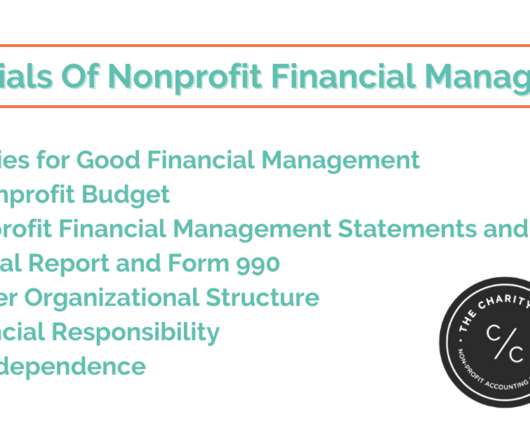From Controller to CFO: What Changes?
CFO Talks
MARCH 20, 2024
Example: When it’s time for an audit, the Controller is hands-on, working directly with the auditors, showing them the books, and explaining the details. The CFO, on the other hand, talks strategy with the audit partner and handles any big issues that pop up. Budgeting: The Controller gathers info and puts the budget together.













Let's personalize your content